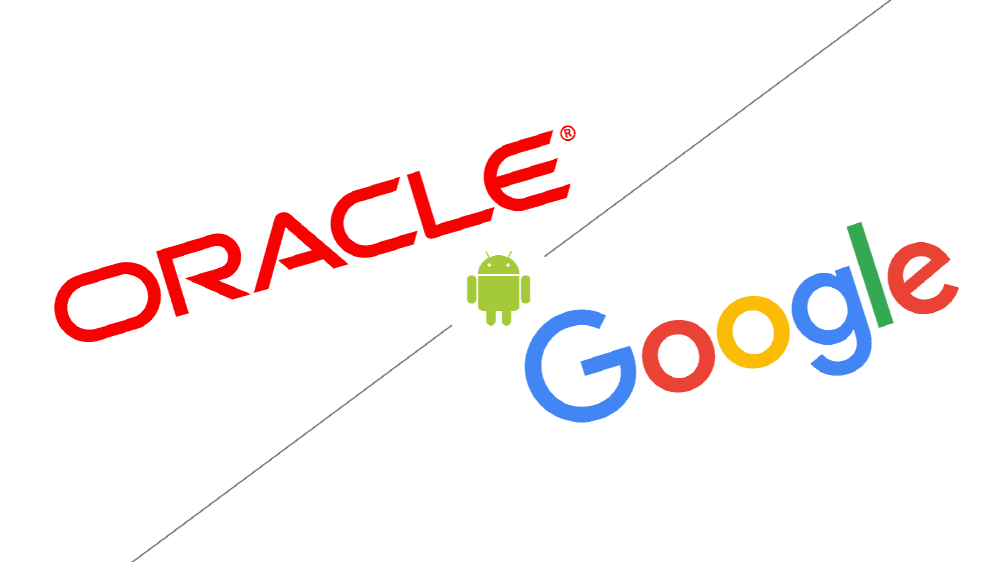
The Supreme Court ruling has been issued on a court battle between Google and Oracle, which has been filed for 10 years since 2010. In this trial, the issue of whether Google copied Java code when building Android OS is a copyright violation. In the past, Oracle prevailed and Google faced a $8.8 billion in damages. However, the Supreme Court ruled in opposition, and Google won.
Both companies’ lawsuits began in 2010. The issue of this trial was in the API that Google uses in Android OS. When Google built Android, it used 37 12,000 lines of Java-based APIs as a basis. However, this API was developed by Sun Microsystems. Google used the API without permission from Sun Microsystems, as it was the mainstream perception that APIs were not copyrighted until Oracle filed a lawsuit. Later, Oracle acquired Sun Microsystems and filed a lawsuit against Google for copyright violations.
What attracted attention in this trial was whether the copyright was recognized for the API, and whether the use of Java-based APIs was considered fair use. It was also noteworthy that the amount of damages was 8.8 billion dollars.
In 2012, a federal district court ruled that APIs were not subject to copyright protection, and Google won. However, Oracle immediately appealed and the second trial before the Federal Circuit Court of Appeals canceled the trial in 2014 and ruled that the API was subject to copyright protection. Subsequently, in a federal appeals ruling issued on March 27, 2018, Google lost the case because it was determined that Google’s use of the Java API was not suitable for fair use.
In 2019, the Supreme Court finally filed a Google appeal, and in October 2020, there were reports that the opinion that Google was at a disadvantage in oral arguments prevailed. However, on April 5, 2021, the Supreme Court was found to have supported Google’s claims. The court concluded that the APIs that allow programmers to access other software code are significantly different from other computer programs.
The judge said that the code copied as part of the interface is essentially related to a radical idea of copyright or a new creative expression. He pointed out that no.
He also noted that the copied code in question was intended to allow other programmers to develop in a different computer environment, and said that using the API to allow Java programmers to build Android apps was a radically transformative use.
The judge added that there is no intention to revise or reverse the decision to use the public class made so far. One of the issues was whether or not the API was copyrighted, but since the act in question was recognized as a fair use principle, no clear conclusion was expressed on this point.
On the other hand, Oracle issued a statement on the ruling, saying that Google will increase the market influence with a huge platform and raise the barrier to market entry to stop competition. He pointed out that this is the reason global and US regulators are investigating Google business practices. Related information can be found here.

